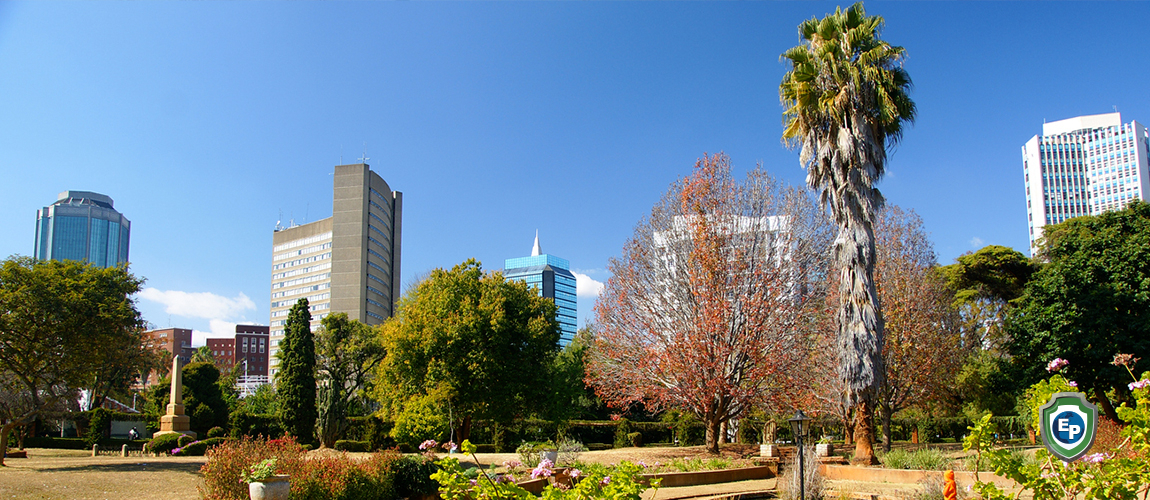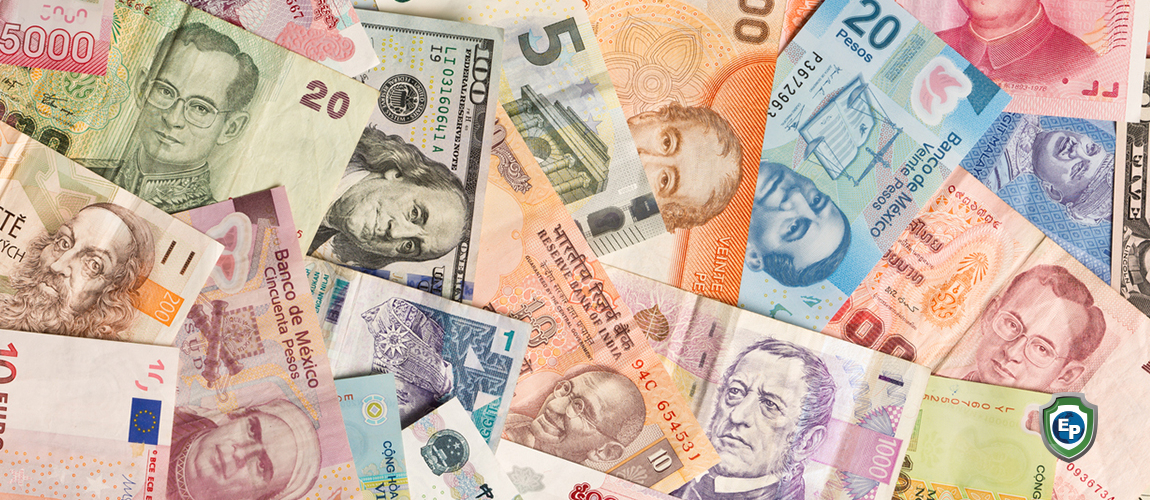Zimbabwe's Complex Foreign Exchange Market
Zimbabwe has a somewhat confusing foreign exchange market. This is primarily due to the multiple economic collapses that have plagued the country. Read More on Export Portal's blog!

Zimbabwe has a somewhat confusing foreign exchange market. This is primarily due to the multiple economic collapses that have plagued the country. To try and stop the hemorrhaging of the Reserve Bank of Zimbabwe, has put in a multitude of foreign exchange rules. Unfortunately, this exacerbated the situation, and a parallel (black) market formed. Here are the essential things to understand:
The Monetary Hierarchy in Zimbabwe
Zimbabwe is a unique country in that along with its national currency. It accepts 11 other currencies as legal tender. This is a policy that started in 2009, intending to shore up confidence in business transactions in the country. Zimbabwe's fundamental problem is that nobody has faith in the local currency or the economy. So, if people can transact using a currency that is not linked to government policy, then they feel more secure.
The currencies range from the norm of the United States dollar, British pound, South African rand, and include more internationally obscure currencies like the Indian rupee and the Russian ruble. So, it is theoretically possible and legal to pay your light bill using a Russian ruble and then proceed to buy milk with the British pound. But it doesn't work like that, over the years Zimbabweans have created a DeFacto hierarchy of acceptable tender, and it goes like this:
- The United States dollar is the most dominant and desired currency in Zimbabwe. This largely stems from international sales of its raw materials that are paid for in the currency of international trade.
- South Africa is Zimbabwe's largest trading partner, and it holds the largest group of Zimbabwean expatriates who consistently remit money back home. For these reasons, the South African rand is the second most valued trading currency in Zimbabwe.
- All other foreign currencies that are legal tender are only present in small quantities. However, they are still highly prized because their value is far more stable than the local currency.
- Cash in hand, called bond notes, is the more valued local currency. Cash allows businesses to circumvent formal channels and directly participate in the parallel/black market.
- The money inside banks is called RTGS and is at the bottom of the totem pole. It is not easy to move around and is easily under scrutiny from the government, so it makes it hard to participate in the parallel market.

Parallel/Black Market vs. the Inter-Bank Market
The existence of the parallel market for foreign currency stems from the government's efforts to control the foreign exchange. For example, since February 2019, the government insisted that the local currency was on par with the United States dollar. Nobody believed this, and so anybody who had any foreign currency would sell it at the government-stipulated rate but with a premium outside the formal system. Over recent months, the premium paid for foreign currency has shot up as confidence in the government, and its policies have fallen.
In February 2019, the government finally admitted that the local currency was not at par with the United States dollar. It then tried to liberalize the foreign exchange market by allowing the local currency to float in the new inter-bank foreign exchange market freely. The parallel market still had higher rates than the inter-bank market, and so naturally, people stuck to the parallel market. The government later put restrictions around the inter-bank market to contain rising rates. The move merely confirmed the market's doubts that the government had reformed, and so rates went even higher, and less money was sold through the inter-bank market.
In June, the government announced a new statutory instrument that banned trading of goods in forex. This was done before the previous law that made forex legal tender. It became the latest example of how the Zimbabwean government creates policy confusion and hence gives more life to the parallel market.
Stay Informed with Export Portal
Export Portal has everything an SME needs to confidently and securely trade internationally – including the latest news updates. Stay up-to-date with everything import/export and start selling globally today.






Comments 0